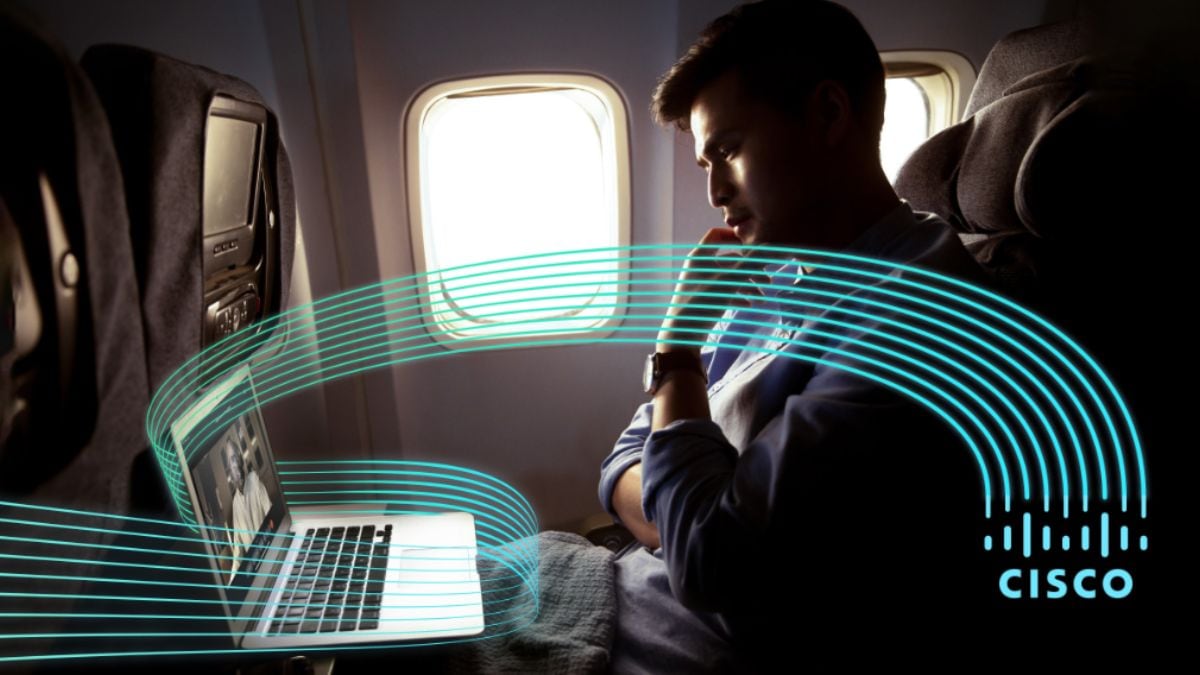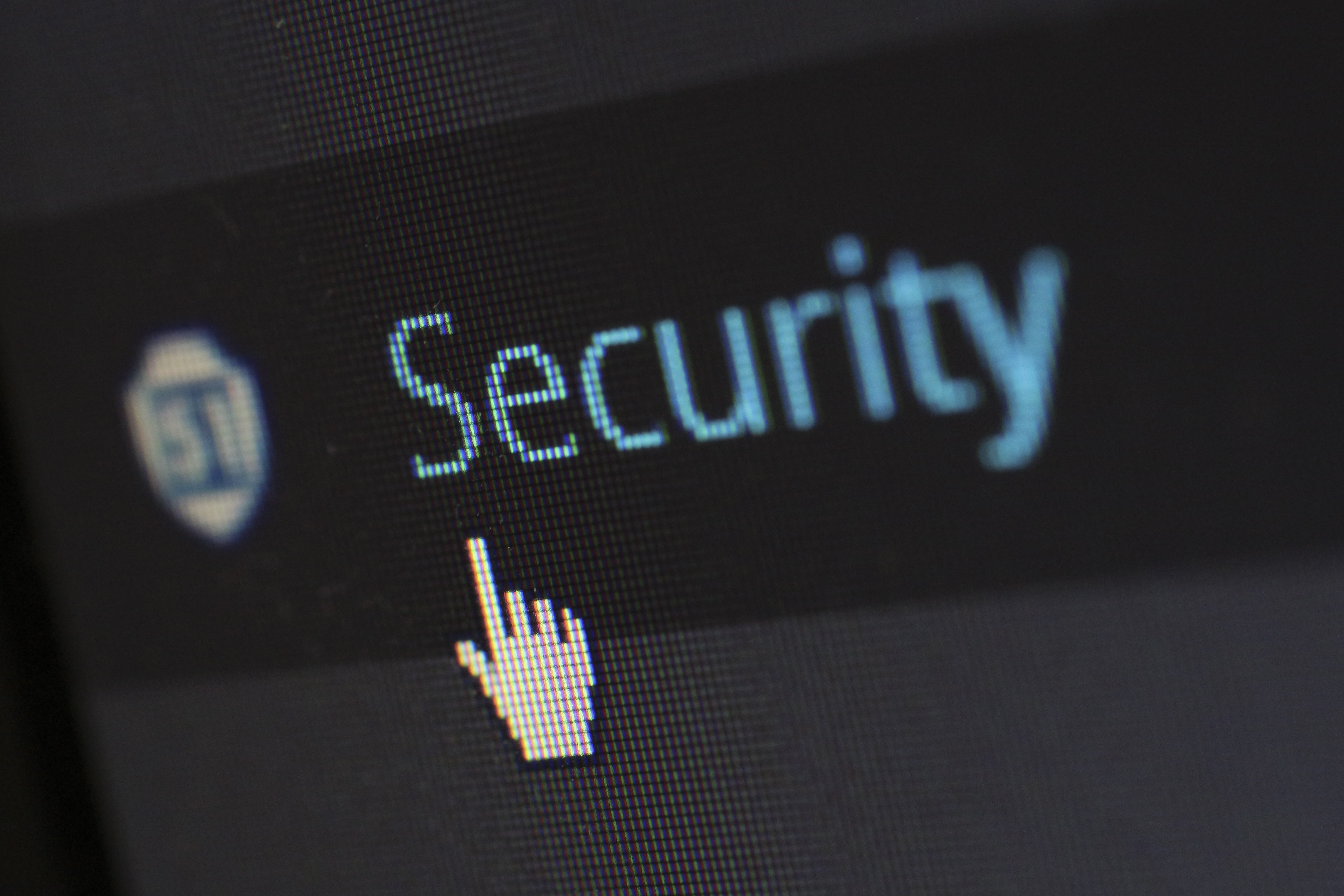5 key tips to safeguard your devices and data while travelling
As travel season begins, protect your devices and data from cyber threats. Follow these simple tips to stay secure and avoid common online risks while on vacation.






 View all Images
View all ImagesAs travel season is approaching, the risk of cyberattacks rises as people use mobile devices more frequently in public spaces. Cybersecurity experts warn that hackers are increasingly targeting users with phishing schemes and fraudulent sites.
Public Wi-Fi networks, commonly used by travellers, are prime targets for cybercriminals. These networks can be easily compromised, making it crucial to protect your devices.
Here are five strategies to keep your devices and data secure:
1. Avoid Public Wi-Fi: Public networks in places like cafes and airports are vulnerable to cyberattacks. Instead, use secure, password-protected networks and consider employing a VPN for an extra layer of protection.
2. Secure Your Social Media: When sharing vacation photos, enable two-factor authentication on your social media accounts. This adds an extra verification step, such as a code sent to your phone, in addition to your password.
3. Keep Software Updated: Regularly update your device's software and apps to protect against vulnerabilities. Enable automatic updates and back up your data frequently to safeguard against theft or damage.
Also read: YouTube testing blurred bottom bar and dynamic design updates for Android app users- All details
4. Protect from Overheating: Avoid leaving your phone in direct sunlight. Overheating can damage your device, so store it in cool, shaded areas whenever possible.
5. Be Wary of Phishing: Stay alert to suspicious emails, texts, or links, particularly those pretending to be from trusted sources. Verify the legitimacy of such communications by visiting the official website through a search engine, rather than clicking on the provided links.
Also read: Google to expand AI initiatives in India, targeting language barriers, agricultural efficiency
Additionally, disable Bluetooth and Wi-Fi when not in use to prevent unauthorised access. Before entering personal information on a website, ensure it is secure by checking for a lock symbol and “https” in the URL. Install anti-virus and anti-spyware software for added security, and consider cyber insurance for extra protection against potential attacks.
By following these guidelines, you can enhance the security of your devices and data during your travels.
Catch all the Latest Tech News, Mobile News, Laptop News, Gaming news, Wearables News , How To News, also keep up with us on Whatsapp channel,Twitter, Facebook, Google News, and Instagram. For our latest videos, subscribe to our YouTube channel.




















